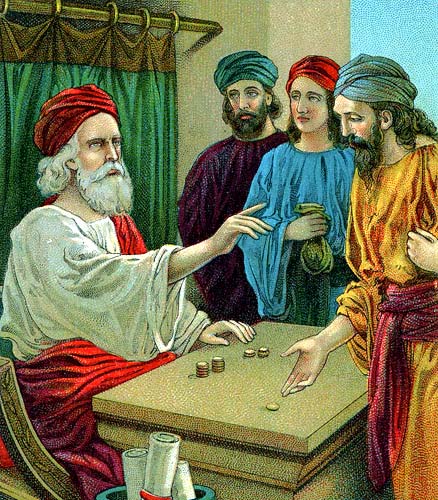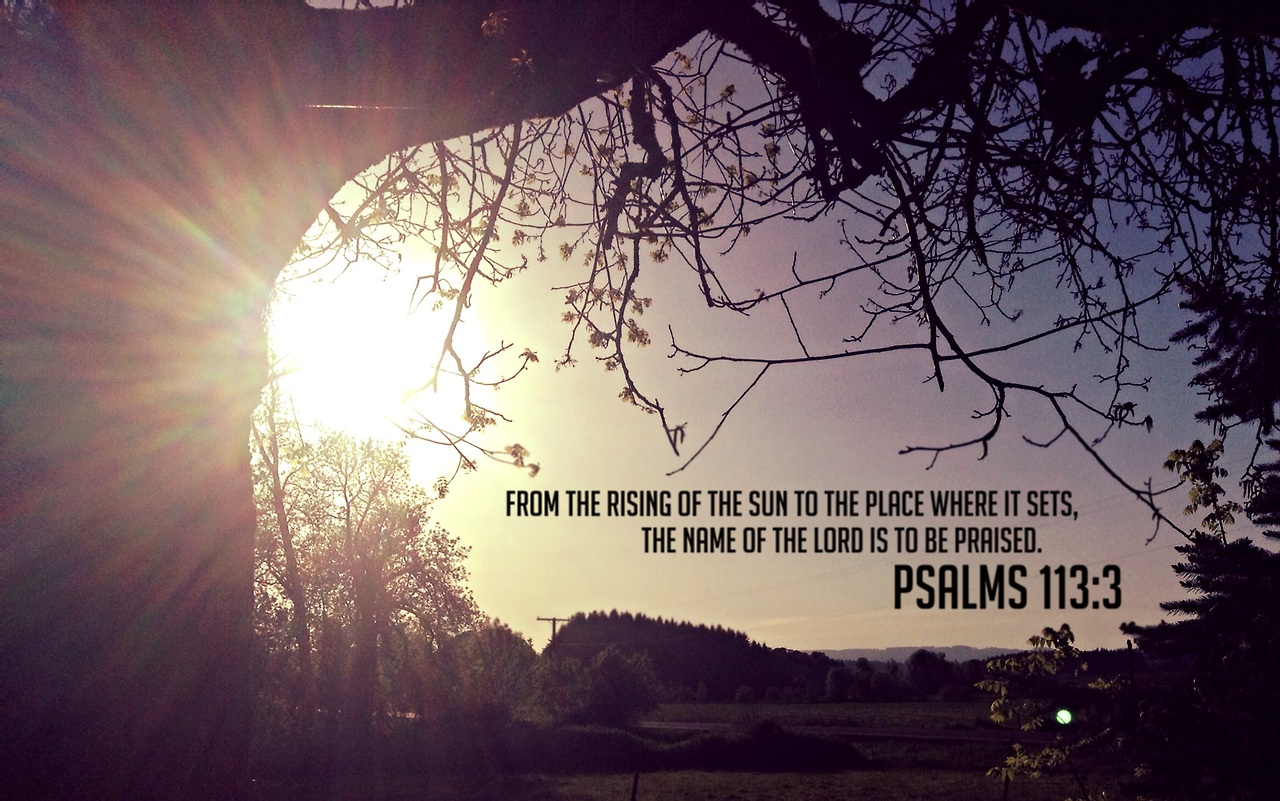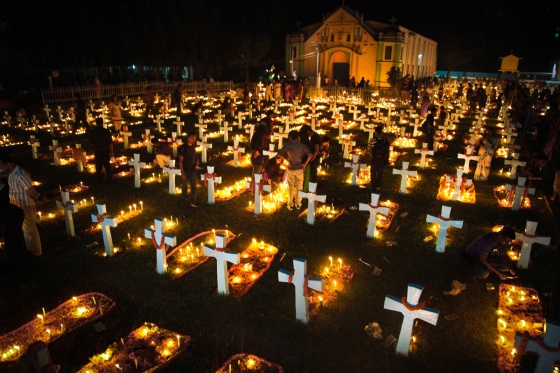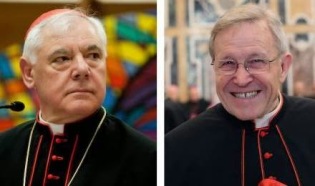
While these two men have very different visions for the life of the Church, they are unquestionably Catholic
It was quite a remarkable week at the Catholic University of America. In what we were told was "completely coincidental," two different (and I mean
different) Cardinals found their way onto campus to give lectures about the Church. On Monday, Gerhard Cardinal Müller, the prefect of the
Congregation of the Doctrine of the Faith (CDF), gave a lecture to the public, and on Tuesday prayed evening prayer and gave a lecture before a private audience of seminarians. On Thursday, Walter Cardinal Kasper received a medal for "Excellence in Scholarship and Leadership in Religious Studies" from the Catholic University of America and gave a lecture entitled, "Theological Background of the Ecclesiological Ecumenical Vision of Pope Francis."
For those not up on the latest gossip--I mean news--within the Vatican regarding the Synod on the Family, this is quite a coupling of Cardinals to have speak in one week. Both men have been the center of attention of media personnel, and many have caricatured these men against one another as theological and political enemies, one being the progressive in favor of doctrinal change, the other the conservative defending the faith against heresy. While there is some truth to this, as they appear to have taken different stances on a couple of key issues, it seems to me to be a gross oversimplification of the issues and an attempt to create schism where no schism exists. These men hold different points of view regarding the life of the Church, sure, but they are also very Catholic in doing so.
Of the two, Müller's was certainly the drier of the lectures. Being the prefect of the CDF, one did not expect him to present anything revolutionary or controversial. Added to that, language was definitely a barrier, meaning that his entire lecture and even much of the question-and-answer session, was read from prewritten statements. As far as presentation goes, I have to admit, I struggled to stay awake.
At the same time, though, it was a really worthwhile experience. Attended by and geared toward seminarians alone, the whole evening was a pretty inspiring event. While the Franciscans (OFM) and the Dominicans appeared to be the only religious in attendance (ahem... Carmelites, Capuchins, TORs, Conventuals, Paulists...), there were hundreds of seminarians in attendance, all students at CUA. That was pretty amazing to see. Vocations to religious life and the priesthood are by no means where they need to be, but it's clear that there has been a small resurgence in numbers over the past five to ten years. Müller took notice of this, but seemed to indicate that quality is more important than quantity. Encouraging us to embrace the process of growth and conversion, he told us that seminary and formation were not simply, "I believe ze English term is 'hoops to jump troo.'" We must always ground ourselves in faith, and recognize our journey in the life of the Eucharistic celebration. With the mass as our foundation, seminary and formation is not the step before we get to where we're going, but rather the experience of Christ right now on our journey of faith.
As an added "bonus" to the night, Cardinal Müller shook each of our hands, took a group picture, and invited us to tour the Saint John Paul II exhibit recently opened. (More about this experience at the end.)
But as worthwhile as our evening with Cardinal Müller was, it pales in comparison to Cardinal Kasper's lecture. Let's just say that the man was candid, casual, and full of joy with the current pope. Francis, he said, is Jesuit to the core (not a Franciscan in disguise.) Unlike his predecessor who exercised faith from the standpoint of his intellect and theory, Francis' faith is rooted in experience and defined by practical measures. Distinctly South American, he exemplifies a method of theology found in the liberation theologians: see, judge, act. Unlike the liberation theologians, however, the Gospel is not primarily a message of liberation, but rather joy, and joy cannot be contained. It is God's mercy that defines the Gospel, not law. As such, social justice is not some far off ideal we seek, but rather "the minimum amount of mercy" required by all. The Gospel requires more than just the minimum, more than just "what is due." It requires mercy.
Through this lens, he described, Francis' understanding of the Church is straight out of the Second Vatican Council, even if he never mentions it. "He doesn't mention Vatican II a lot. The reason for this is not that he doesn't agree with it, it's that that he has embodied it so completely in himself." For Francis, the Church should not be like a business in which the CEO dictates the mission and the heads of each department work towards pleasing the boss, guided by strict laws and protocols; the Church is not a top-down institution with the pope as the sole source and authority of truth, dictating doctrine for everyone to follow. The Church is the people of God, the messianic people, the sensus fidei, and he wants full participation from everyone, particularly the laity. Just as the outwardly written "doctrines" are secondary to the inward gifts of the Holy Spirit through the Gospel, the Magisterium is there, not to impose burdens on the people, but to listen to and serve the people of God. When the Church becomes self-centered, failing to move to the peripheries of society and Church out of fear, the joy of the Gospel does not get communicated. (I've intended to write a post about Francis, and maybe I'll get there, but can I just go on record to say that I love this guy?)
It's here, I guess, that the reflective piece of this post begins, and the true purpose of writing comes out. Having listened to two Cardinals with very different tones this week, and having spent a lot of time in conversation about the differences between the papacies of John Paul II and Francis, (not to mention the fact that there were two people protesting outside of one of the lectures!) I cannot help but recognize that each of these men is truly Catholic in his theology and understanding of Church, even if I prefer one over another. I think Cardinal Kasper's very candid opening line of his lecture expresses what I want to say: "For some of you, the papacy of Francis is a spring of new life, a great warmth after a winter that has lasted for many years; for others of you, it is an unwelcome cold spell that has caused you to grab your coat and pray for a short winter." This is not a new phenomenon, nor does it indicate that we are headed towards schism. To have a different perspective on Church, and thus, to be disappointed with the Church's leadership at a given time, does not make someone a good or bad Catholic. As I walked around the John Paul II exhibit, I couldn't help but be inspired by the many wonderful things he did and the great man of prayer that he always was; at the same time, I couldn't help but remember that his understanding of Church and style of leadership were far from my own, and that he did a lot to undo the reforms put in place by the Second Vatican Council that really define my own theology. And that's okay.
You see, we live in a pluralistic world, and like it or not, worship in a pluralistic Church. Having now taken classes in Church history, history of theology, history of the sacraments, foundations of moral theology, and social ethics, it's clear to me that there has never been time in which everyone in the Church believed and acted the same way, even among the greatest of theologians. (Look at Saint Bonaventure and Saint Thomas Aquinas: contemporaries and doctors of the Church, they represent a Church moving in opposing directions. Look at East and West: truly faithful people that agree on every important dogmatic statement (minus one word that we added later...), both drawing their lineage all the way back to Jesus, and yet are very different in thought and practice.) While the experience of God's revelation in Christ is unchanging, the way we understand that revelation and live it out develops over time. Just because we may have different opinions about theology and Church organization does not mean that one is right and one is wrong, it simply means, as Kasper said, "The totality of God cannot fit into one human perspective." Instead of calling for Schism or name-calling among the people of faith, instead of a theology of arrogance that claims to know all that there is about the infinite, let us treat one another with humility of heart and joy for the Gospel, and do as St. Paul tells us: "Test everything; retain what is good."
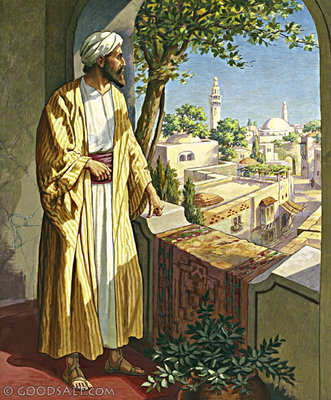
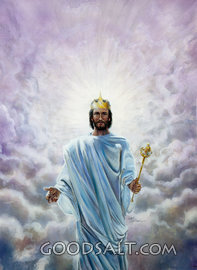
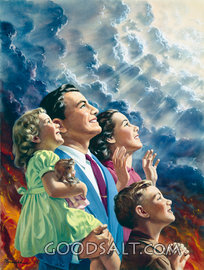

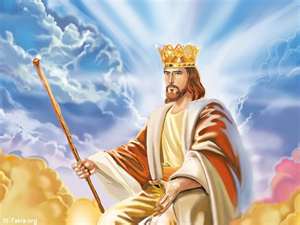
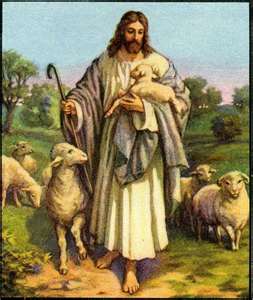
.JPG)

